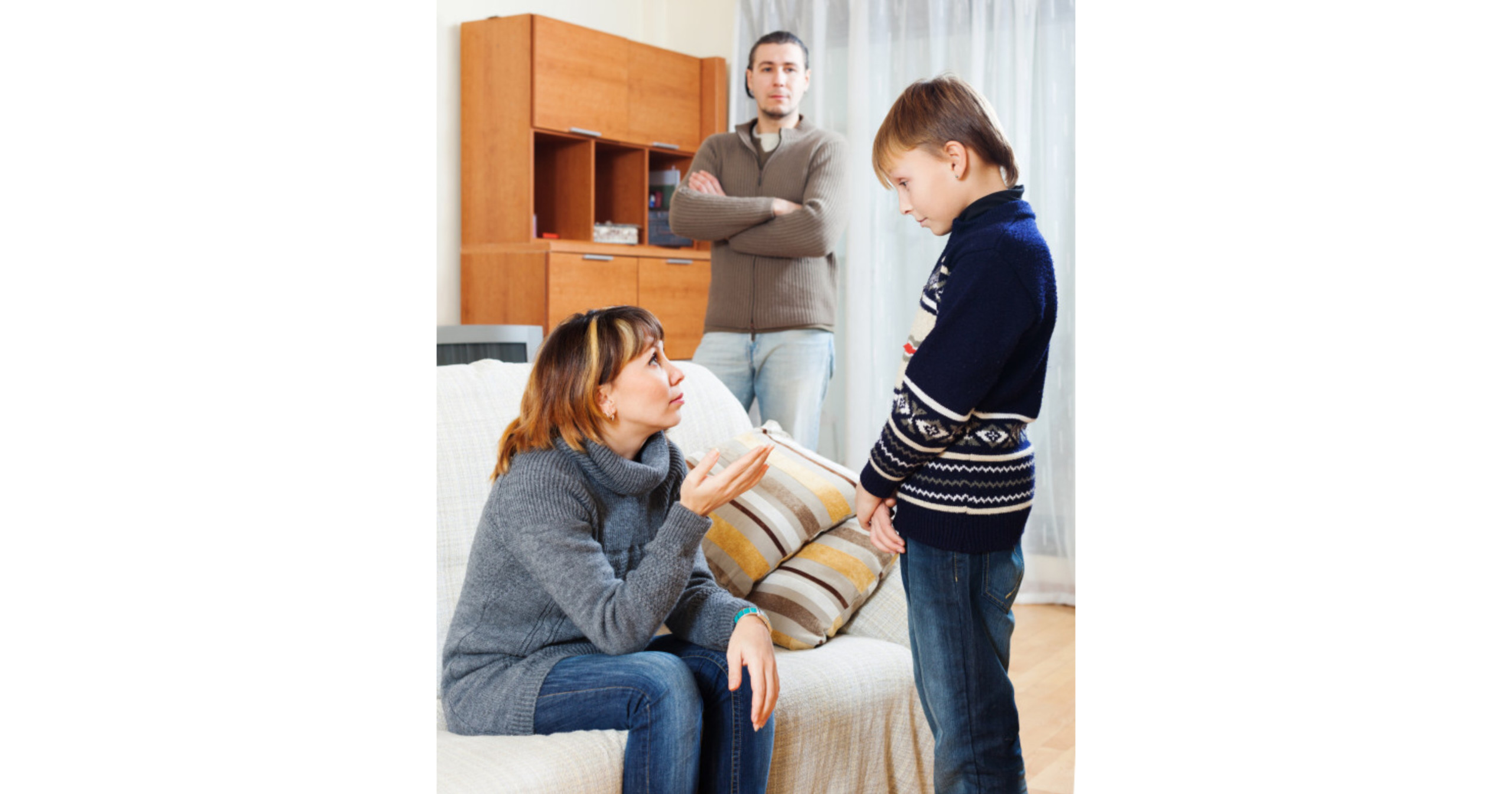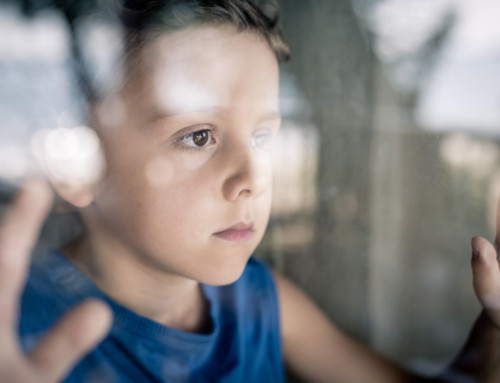“Whoever spares the rod hates their children, but the one who loves their children is careful to discipline them.” Proverbs 13:24
In Part One, we saw two behaviors that cause children to have violent attitudes towards their parents. In Part Two, we will expand upon other causes.
- Lack of discipline
Some parents don’t know how to discipline. Let me give you an example: A boy is doing something he shouldn’t. His father walks by, sees him, and says, “Stop doing that.” The child responds, “Ok, in a minute.” The father continues on his way. Later the same thing happens, and the father repeatedly asks him to correct his behavior, but the child doesn’t do it. Then the moment comes when the father becomes furious and reacts by screaming and hitting his child.
This situation causes three things. The first brings about the other two. The child develops resistance to authority and thinks, “I only pay attention when I want to.” Along with provoking the father, who is his authority, the attitude continues producing anger, which grows every time he is asked to listen and he does not. The repeated disobedience of the child causes his father to react with fury, which is interpreted by his son as aggression and anger on the part of his father. Though in the end the child submits, as time passes that submission turns to anger. At some point he will express that anger against his father, who has now lost authority over his son.
If you wish to have obedient children, you must endeavor for them to obey the first time they are given an instruction. That way they do not develop resistance to your authority, and so you do not become angry. Teaching children to obey will give them self-control, which will help them manage life’s frustrations in the future. It will also affirm in you your authority, avoiding situations of embarrassment and sadness in the future.
This problem develops most easily when parents themselves have problems between them, such as poor communication. Parents in this situation have the tendency to create alliances with one or more of their children to fill the voids within them and to fight or defend against the other parent.
Emotional distance between the couple increases the children’s negative attitudes toward one of their parents, which ultimately will reflect on both parents. It will also affect the self-esteem issues some parents have, because it creates a fear of losing the love of their children. Also, the guilt parents feel about not spending enough time with their children leads to passive parenting, which leads them to tolerate the poor behavior of their children. This effect is increased if they had dominant parents, which reduces their abilities to face their own lives. If this is your situation, you must allow the healing work of Jesus Christ in your life.
Continue reading Part Three of this article. We want to help you to be a good father or mother.
May God help you in all you do today,
Dr. Miguel and Irene Garita
Family Care Ministry






